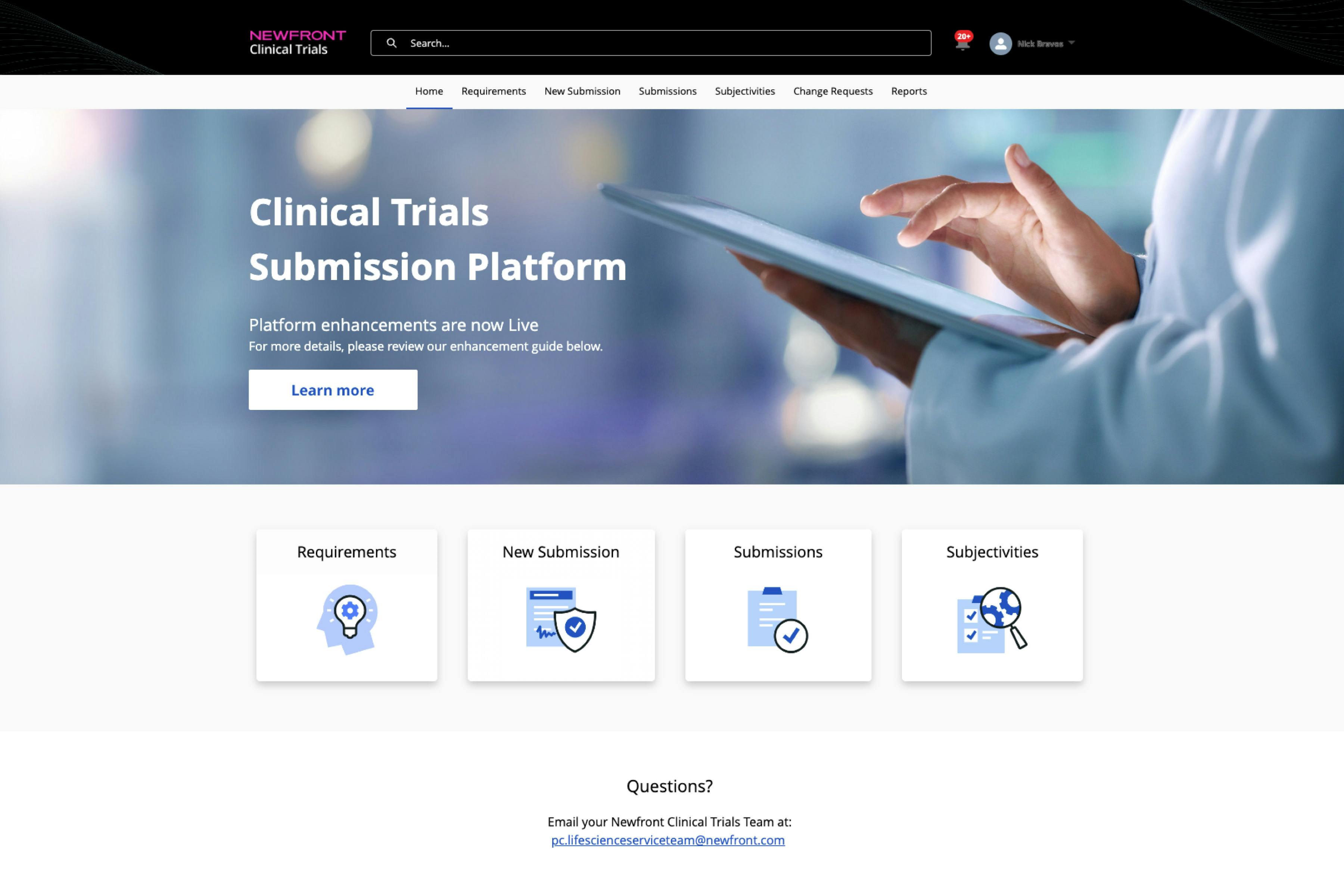Protecting Against Cybersecurity Threats in the Life Sciences Sector
By Tim Dunleavy | Published August 22, 2017
Experts in cybersecurity agree: If you control valuable assets, including money and/or confidential information, at one point or another, your company will sustain an attack. Life Sciences companies today hold tremendous amounts of important data, and are increasingly falling victim to cyber-crime. There are more than 1.5 million cyberattacks annually, which comes down to about three attacks every minute. But before you can prevent these attacks, you have to know what you’re up against. Here are the key cyber-security threats:
Cybercrime
The value of personal health information has become up to 20 times greater than that of a stolen credit card number. There are many different types of cybercrime, in which organized crime rings target data for financial gain. Of the top cybercrimes committed, most involve corporate hacking: corporate account takeover, theft of sensitive data and theft of intellectual property. What data is being targeted?
Clinical trial data at both the patient and commercial level
Information of manufactured biologic drugs
Information around Pharmaceutical pricing and promotion
Insider breaches
Your EMPLOYEES – Insider breaches are when an employee releases information, whether that’s through accidental disclosure, deliberate conveyance or by loss or theft of devices. It is estimated that between 50 and 80 percent of all cyberattacks are aided and abetted by insiders. Often, this is through email scams, or phishing attacks, that ask the recipient to click a link or open an attachment. This ‘Social Engineering’ fraud comes by someone posing as a trusted vendor asking you to change its banking information and is costing companies hundreds of thousands of dollars, or more. It is critical for organizations, from start-ups to grown-ups, to have internal procedures in place as the first line of defense against this threat of human error.
Hacktivism
Used for political or socially motivated purposes, hacktivists disrupt service in order to bring attention to a certain cause. Today’s ‘go to’ Cloud service providers of the Life Sciences industry are top targets of today’s cyber criminals. There are many different types of hacktivist attacks, including denial-of-service (DOS) attacks and those leaving highly visible messages on a company’s home page.
How would a system shut down impact your business?
How long could your company afford to be off-line?
Are you responsible for the information stored through your cloud provider?
As technology changes, so too will the nature of cybersecurity attacks. Because of that, it’s imperative for life science companies to invest in an Incident Response Plan. These plans are implemented and tested to identify all internal and external breach resources: including forensic, legal, PR etc. As importantly, all external resources must be pre-approved by your insurance carrier.
You can protect your business, assets and clients from a cyberattack by partnering with a company that understands your insurance needs. ABD will work with you to manage the important details so you’ll be ready to navigate any future claims. Contact us today so we can put your business coverage on the fast track.
Tim Dunleavy
Related Articles

Casualty 2024 Outlook: Emerging Risks and Ongoing Coverage Concerns
April 12 • 2024

Newfront Clinical Trial Portal Unveils Enhanced Brand Interface and Feature Set
December 6 • 2023

Pharma's Almanac: In what areas of pharma/biopharma are you most excited to see increased adoption of artificial intelligence (AI) and machine learning?
August 8 • 2023